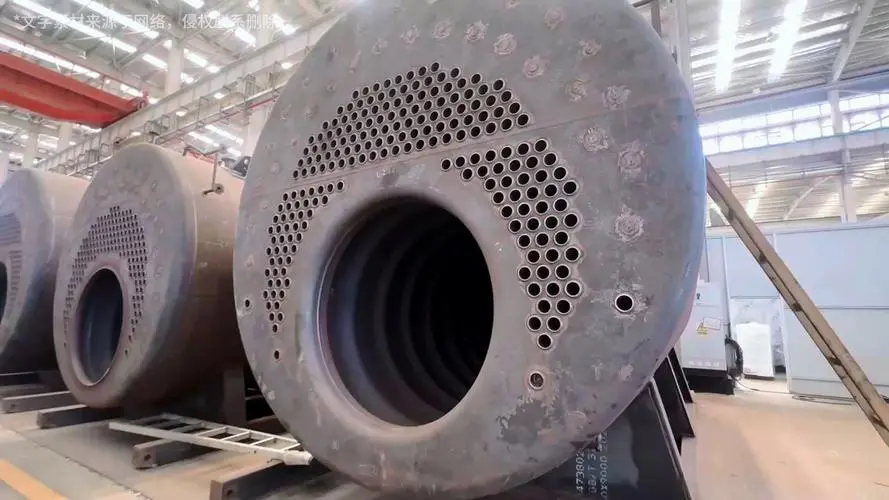
Dec . 04, 2024 06:34 Back to list
hot water boiler capacity calculation
Calculating Hot Water Boiler Capacity Essential Considerations
When it comes to providing hot water for residential or industrial purposes, determining the appropriate capacity of a hot water boiler is crucial. The right capacity ensures efficiency, comfort, and cost-effectiveness. In this article, we will explore the key factors that influence hot water boiler capacity calculations and provide guidance on how to make accurate assessments.
Understanding Boiler Capacity
Boiler capacity is typically measured in British Thermal Units (BTUs) per hour or kilowatts (kW). It represents the amount of heat that a boiler can produce to meet hot water demands. When calculating the required capacity, it’s essential to consider peak usage times and the amount of hot water required at those times.
Key Factors to Consider
1. Hot Water Demand The first step in calculating boiler capacity is assessing the hot water demand of your household or facility. This includes daily hot water usage as well as peak demand periods. For residential applications, consider the number of occupants, the types of water fixtures (e.g., showerheads, faucets, appliances), and their expected usage patterns. For commercial applications, analyze the number of employees, customer flow, and the specific hot water requirements for different operations.
2. Temperature Rise The temperature rise is the difference between the incoming cold water temperature and the desired hot water temperature. For instance, if the average incoming cold water temperature is 50°F (10°C) and the desired output temperature is 140°F (60°C), the temperature rise would be 90°F (50°C). This calculation factor is instrumental in determining how much energy the boiler needs to provide to meet the hot water demand.
3. Recovery Rate The recovery rate is the speed at which a water heater can heat water back to the desired temperature after it has been used. It is essential for applications with high demand for hot water within short intervals. A higher recovery rate means more capacity, and understanding this can help inform your choice of boiler based on peak usage times.
4. Heat Loss Consider the heat loss associated with the system. This includes heat that escapes through poorly insulated pipes, storage tanks, or during the delivery of hot water to various fixtures. Ensuring that insulation is adequate can help minimize this loss and improve overall system efficiency.
hot water boiler capacity calculation

5. Efficiency Ratings Different types of boilers have varying efficiency ratings. Looking at the Annual Fuel Utilization Efficiency (AFUE) or thermal efficiency will help you understand how effectively the boiler converts fuel into usable heat. Higher efficiency ratings usually indicate better performance and lower operational costs in the long run.
The Calculation Process
To calculate the required boiler capacity, follow this basic formula
\[ \text{Required Capacity (BTU/hr)} = \text{Total Daily Demand (gallons)} \times \text{Temperature Rise (°F)} \times 8.33 \]
Where - Total Daily Demand is the amount of hot water used in a day, - Temperature Rise is the difference between desired and incoming water temperatures, - 8.33 is the weight of one gallon of water in pounds.
This formula provides a rough estimate of the required capacity. For more complex systems or commercial applications, consulting with a professional engineer can yield a more accurate calculation.
Conclusion
Calculating the right hot water boiler capacity is a vital step in ensuring that your system meets the demands of your household or business effectively. By understanding the factors influencing capacity—such as hot water demand, temperature rise, recovery rate, heat loss, and efficiency—you can make informed decisions that enhance performance and reduce costs. It's always beneficial to involve professionals during installation and selection to achieve the best outcomes, ensuring the long-term efficiency and reliability of your hot water system.
-
High-Efficiency Commercial Oil Fired Steam Boiler for Industry
NewsJul.30,2025
-
High-Efficiency Biomass Fired Thermal Oil Boiler Solutions
NewsJul.30,2025
-
High Efficiency Gas Fired Thermal Oil Boiler for Industrial Heating
NewsJul.29,2025
-
High-Efficiency Gas Fired Hot Water Boiler for Sale – Reliable & Affordable
NewsJul.29,2025
-
High Efficiency Biomass Fired Hot Water Boiler for Industrial and Commercial Use
NewsJul.29,2025
-
High-Efficiency Biomass Fired Hot Water Boiler for Industrial Use
NewsJul.28,2025
Related PRODUCTS






















